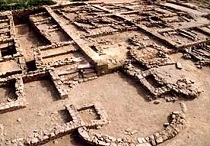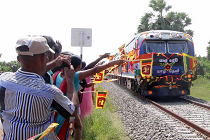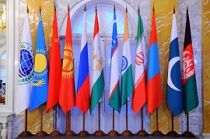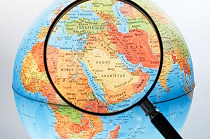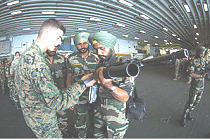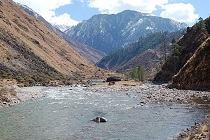State-to-state diplomacy
After a brief a spell of bonhomie marked by Pakistani Prime Minister Nawaz Sharif attending Narendra Modi’s swearing-in ceremony, the hostilities between the two countries have resumed. Amidst the backdrop of increased tensions on the LoC, Gateway House recommends some small, realistic steps forward through state-to-state diplomacy, to mend the bilateral

